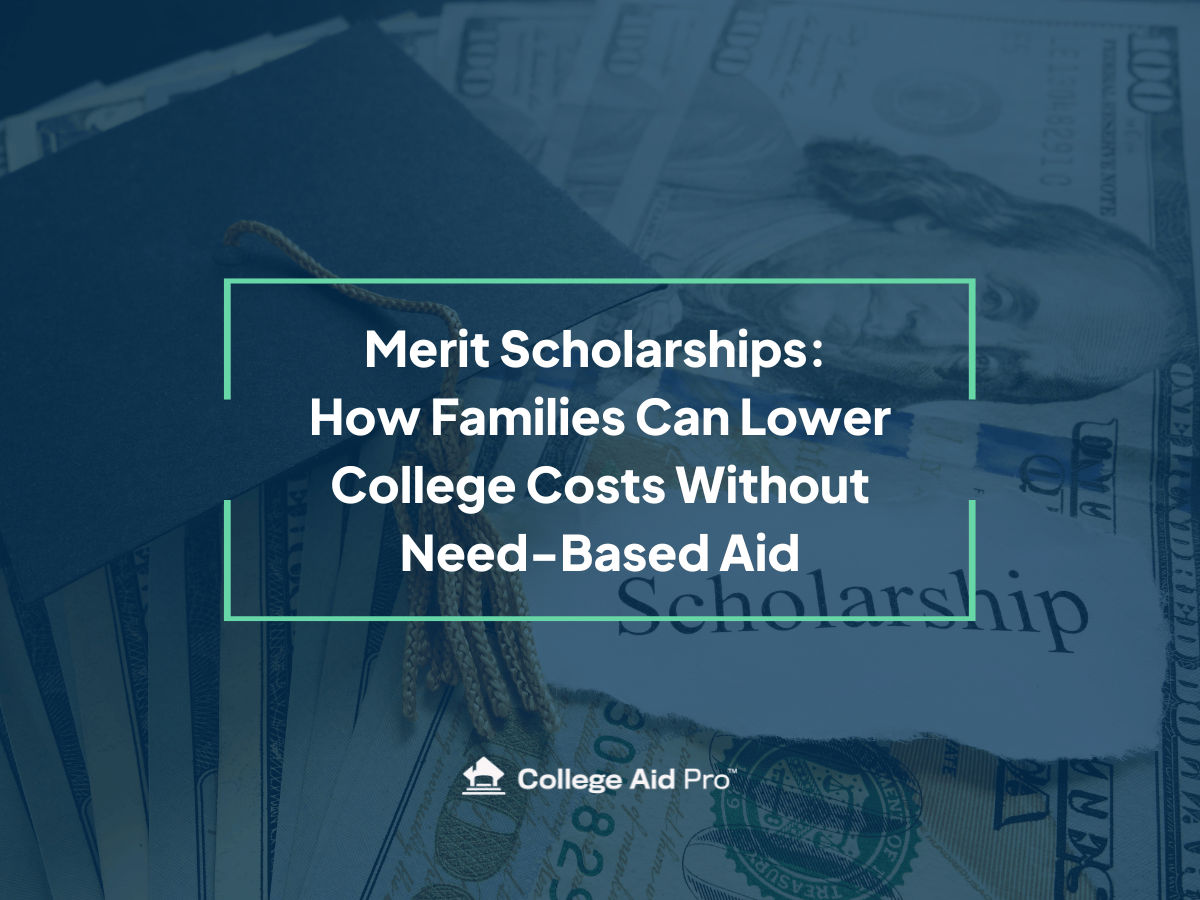
Students are increasingly being given the opportunity to take advantage of advanced courses in high school. In fact, some schools are pushing students toward these options for reasons related to school funding and reputation, but what is best for the school may or may not be best for the student.
Let’s take a closer look at two options, dual enrollment and AP courses, and how to help your student decide whether or not they should add either or both to their high school schedule.
Dual Enrollment
Dual enrollment refers to the option of being enrolled in high school and an institute of higher learning, often a community college, simultaneously. Dual enrollment classes count toward both a high school diploma and a college degree. In some cases, students can even graduate from high school with an associates degree.
Pros Of Dual Enrollment
There are two main advantages of taking college classes in high school. They look good on the students’ college application, showing that they have been successful in rigorous courses. It also may save the student money by getting some college classes out of the way for free, especially if they plan to continue on in the same college system after high school graduation.
For example, if a student takes dual enrollment courses at the local community college in Florida and then continues to take classes at the same college after high school, or transfers to a state university in Florida, the classes they took in high school will most likely count toward their degree.
However, if they decide to go out of state or to a private university after high school, the dual enrollment courses will count subject to the practices of the new university they attend. Some universities will allow the dual enrollment course to take the place of another course required by the student’s major.
Other schools will use the dual enrollment credit as a stepping stone to allow the student to take a higher level course. It is also possible that the new school will not give the student any credit for the courses taken. Best practice is to check with the school beforehand if the student has an idea of where they would like to go to college.
Even students who won’t get credit for classes taken may still choose to go the dual enrollment route just to increase their chances of getting into their chosen university.
Other reasons a student may choose to take dual enrollment classes have to do with scheduling and class availability. Students with an interest in a field of study that is not offered at their high school may have better luck finding related classes at a local state or community college. Also, students with unusual scheduling needs may benefit from having access to classes that are offered in the evenings or on weekends.
Cons Of Dual Enrollment
I already mentioned that students with dual enrollment credits may not be able to use them toward their degree depending on where they attend college. Those students attending universities that use dual enrollment credits to start students out in higher level classes sometimes report that they regret not taking the lower courses at their university as those are a good stepping stone to familiarize new students with the school’s academic expectations.
Once you take college courses, they become part of your college transcript, whether you do well or not. Unless your student is truly motivated enough to do the work and study, this may be a big risk to take. Dual enrollment courses are designed for college students, who are expected to have more maturity and operate at a higher level of executive functioning than high school students.
The problem of maturity extends beyond high school as well. Take, for example, the student who completed enough dual enrollment classes in high school to enter college as a Sophomore or Junior. They are now being put in a position to enter a completely new school and take classes with older, more seasoned students.
Additionally, they will need to be able to choose a major before long, something even many older students struggle with. A mature student with clear educational goals may have no problem and even excel in this scenario, but that’s not the case for everyone. So, know your student before encouraging them to go this route.
Even mature, driven students may struggle if their goal is to take a lot of college courses or get an associates degree in high school. Taking college courses will be a lot of work and possibly a lot of stress. A student who really wants to take full advantage of the traditional high school social scene may not want to spend so many evenings doing college level assignments while their friends are out having fun.
Any student considering taking dual enrollment courses will also want to check the scheduling for courses of interest. Often, they’ll need to fit them around their regular high school schedule as well as extracurricular activities. This may or may not be easy to do depending on class schedules.
Who Should Choose Dual Enrollment?
- Students who plan to remain in the same educational system as the college at which they will be enrolled and want to knock out as many courses as possible toward degree requirements
- Mature students with a clear idea of what they wish to study
- Students ready for the rigor of college level courses
- Students looking to beef up their transcript in preparation for college applications
- Students able to fit the classes into their schedule
- Students who prefer not to have the pressure of passing the AP exam
AP Classes
AP or Advanced Placement classes are a program of CollegeBoard, which is also responsible for the SAT test. Many high schools offer at least some AP courses.
Pros Of Taking AP Classes
As is the case with Dual Enrollment, many colleges will give either credit towards a degree or advancement to higher level courses to students who have taken AP classes and passed the exam. Colleges use their own discretion when determining what they consider a passing AP exam grade.
Any student taking AP courses for the purpose of saving money on college should check with the schools they’re interested in to make sure the AP courses they take will count towards their degree.
Not every student takes AP courses for financial reasons. Some take them as a way of increasing the academic rigor of their high school curriculum for college application purposes, while other students simply take AP courses because their school pushes them to do so.
While taking AP classes can help you with college acceptances and save you money on the cost of college, the grade you make will not become part of your college transcript or college GPA.
Students with extracurricular activities may find it easier to fit AP classes into their schedule than Dual Enrollment classes as AP classes are part of the regular school day.
Studying for the AP exam may be more straightforward, but not necessarily easier, than passing a test at the community college as all AP exams are similar and many study materials exist to help students prepare for the test.
Cons Of AP Classes
AP exams can be quite difficult and students need time and discipline to do the extra studying required to earn a score that their college will recognize as a passing grade. This is extra difficult for students who generally struggle with high stakes test taking.
Students taking AP classes solely to lessen their course load in college may be disappointed if they find out that the school they ultimately attend either doesn’t recognize all of their AP classes or requires a higher score than they achieved.
Not every student is academically ready for the rigor of AP courses. It would be better for such students to do well in a lower level course than to make a D or F in an AP course. Even if a student is able to successfully pass an AP course and get college credit for it, they may not be ready to advance out of that lower level course and take a higher level course once they get to college.
Some students report that they regretted not having the experience of taking those basic college courses their freshman year in order to get used to the grading system and expectations of their new school.
Who Should Choose AP Classes?
- Students who are comfortable with taking high stakes exams
- Students who need to fit all classes within the high school day
- Students who care about having a strong transcript and aren’t planning to continue in the university system of their local community college
- Students who don’t want the stress of worrying about their college GPA while in high school
- Students who are ready for college level class rigor
So how do you choose? Talk to your student about what they think they can handle on top of all the other high school commitments and stressors. In addition, it’s always wise to ask current teachers for their recommendations. They may have a better “read” on your student’s strengths and weaknesses when it comes to thriving in college level classes in high school.
Taking high level classes in high school does give students a good taste of college, but they aren’t right for everyone. If your student is thinking about signing up for such courses, be sure to go over the pros and cons with them to help them make the right decision.
Ultimately you want your student to successfully handle a challenging course load, maintain good grades, and not feel completely overwhelmed. It’s a fine line to balance at times!



